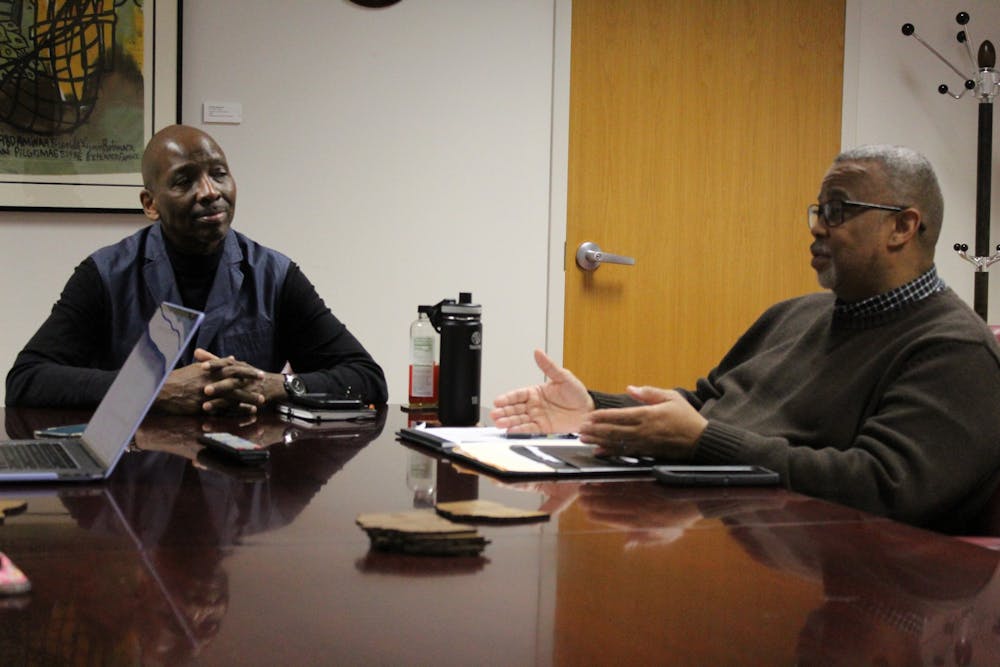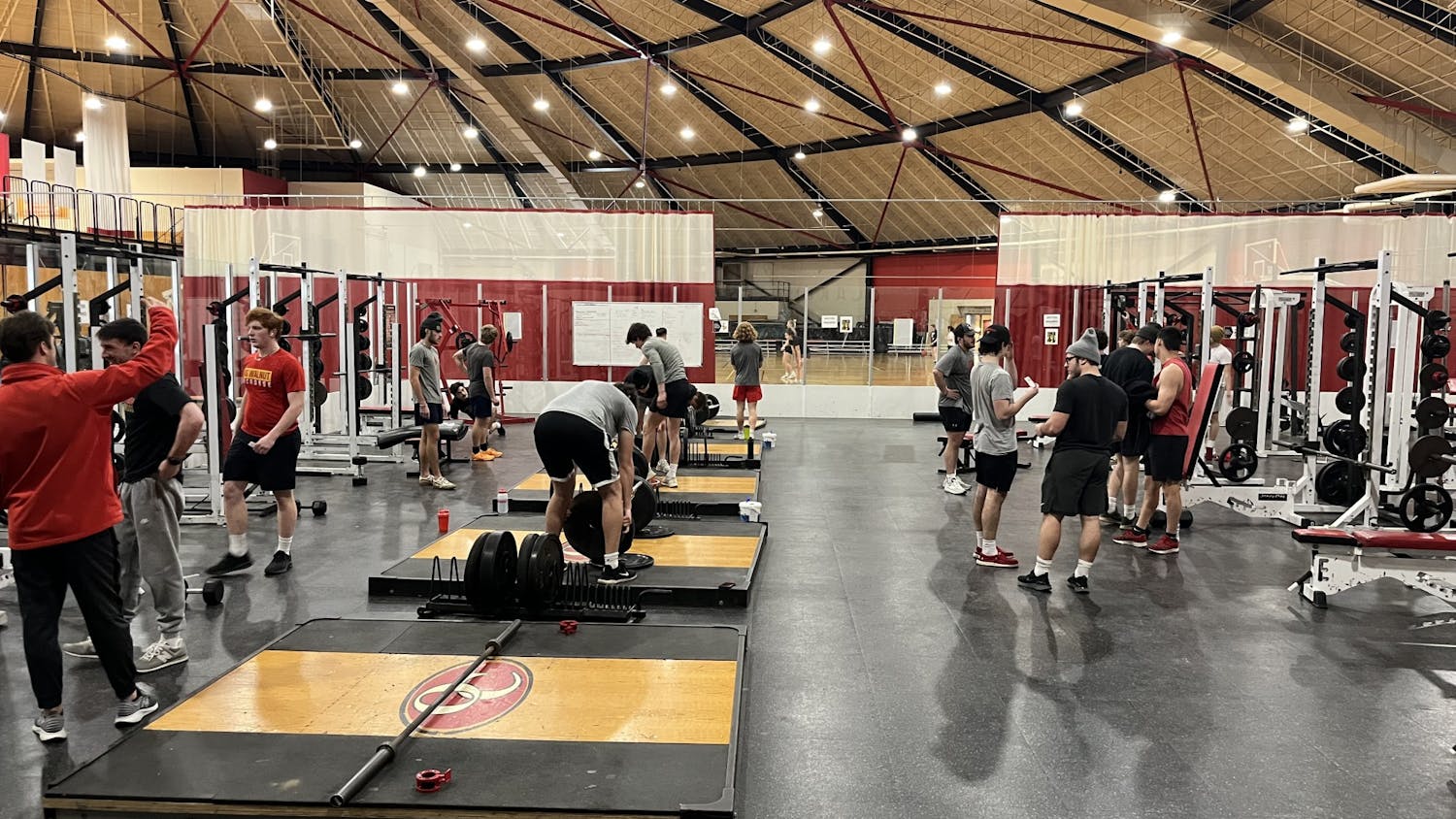In their new roles as Chief Diversity Officer and Director of the Office of Social Justice and Activism, Jeff King and Dr. Frank Dobson Jr., respectively, are striving to create a beloved community where all Otterbein student voices are heard and represented.
Beloved community is a concept Dr. Martin Luther King Jr. promoted in his activism, with the ultimate goal being the creation of a community where everyone is valued and cared for. “This whole concept of the beloved community is really that we all are together…where we can all partake of this together, and learn from one another,” Dobson said.
With Otterbein’s history of diversity, equity and inclusion issues, like the decreasing retention rate for black male students and the lack of diversity within Greek life, there is still a long way to go before Otterbein becomes a beloved community like King and Dobson envision.
King was aware of these DEI issues when entering his position. “If you work in diversity, you already have the understanding… if you are on a predominately white institution or campus, then the likelihood is that students of color, students that are from other countries, students that are not the mainstream, are probably going to be facing some challenges that mainstream students maybe don’t have to encounter as much,” he said.
Dobson’s vision for fostering a beloved community involves creating programming for students and faculty to celebrate different cultural holidays and months, hosting staff and faculty diversity conferences, and contributing to Stall Stories about prominent civil rights activists and people from various cultural groups. “We’re doing the kinds of programming that you have to do to make sure that you give each cultural group its due—that you support [them],” said Dobson.
King’s vision involves long-term community engagement with organizations like the Ohio Hispanic Commission, various chambers of commerce, and other businesses in Columbus. “[Businesses] want a diverse workforce, so we want to make sure that we're contacting them and interacting and communicating so we can help provide that diverse workforce for them. And also, hopefully, they can help us in bringing faculty and staff of color that will, again, help diversify the campus in a way that we don’t really see right now,” he said.
Achieving this vision for beloved community at Otterbein has become more feasible in recent years, especially with the creation of the CDO position. King reflects that the recent momentum behind diversity initiatives has created space for more DEI work to be done: “As we progressed in the '90s and into the early 2000s, more institutions started to get it. They just started to say we know we need positions like Chief Diversity Officer… We need for these students not only to have a sense of community, but an actual community: an actual stand-alone, brick and mortar space that represents them that they can call home.”
King and Dobson are also trying to build and rebuild avenues to enhance student life and create a sense of belonging on campus. One venture promoting this mission is Otterbein’s Gospel Choir, which is being reintroduced to campus this year. “[The Gospel Choir] was multi-racial. You had Black kids and white kids and Asian kids all singing Gospel music under the direction of [an] African American woman, and we’re bringing that back,” said Dobson. “All of a sudden, we’ll have another place for students to realize community together, to sing songs and get to know one another across racial lines and backgrounds.”
While King and Dobson are the leaders within DEI work on campus, they still need student input to succeed in their work. “We need to hear from you as students,” said King. “When concerns come to me, I tell students ‘I’m taking that to Cabinet next week’… Part of my job is to be an amplifier for their voices in the [Presidential] Cabinet.”








